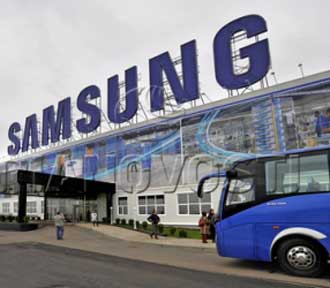 Gartner has warned that currency headwinds will cause the market some major headaches and have already reduced IT spending forecasts
Gartner has warned that currency headwinds will cause the market some major headaches and have already reduced IT spending forecasts
Gartner’s analysis of IT spending this year has been downgraded as a result of the position of the dollar. The analyst house is still expecting things to be up on 2016 but only by 1.4 percent instead of the previously expected 2.7 percent .
There should be about $3.5 trillion spent on IT this year but billions have been shaved off the potential amount because of ongoing issues around the dollar.
John-David Lovelock, research vice president at Gartner said that the strong US dollar has cut $67 billion out of his 2017 IT spending forecast.
“We expect these currency headwinds to be a drag on earnings of U.S.-based multinational IT vendors through 2017.”
The big US firms have already been forced to react to exchange rates with price rises and the chance of more problems will not be welcome to resellers or users.
Gartner is hoping that with the benefit of its warnings the industry can deal with the challenges and try to mitigate some of the impact.
The other headache that the analyst house has identified is the move away from physical servers towards hosted cloud services. The trend is helping the data centre market return to growth after being in a negative position in 2016, but it is hitting some of the established hardware brands.
“Enterprises are moving away from buying servers from the traditional vendors and instead renting server power in the cloud from companies such as Amazon, Google and Microsoft. This has created a reduction in spending on servers which is impacting the overall data center system segment,” said Lovelock.
Breaking down the forecast further there will be a dip in IT services, coming in at 2.3 percent in 2017, compared to 3.6 percent a year earlier.
On the hardware front the tablet demand will continue to wane but those selling Windows 10 business PCs will continue to enjoy growth as more customers invest in that technology.








